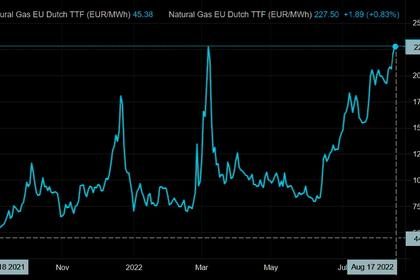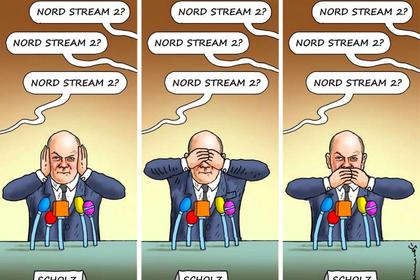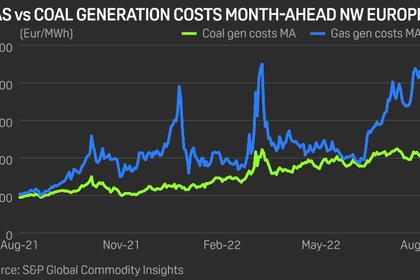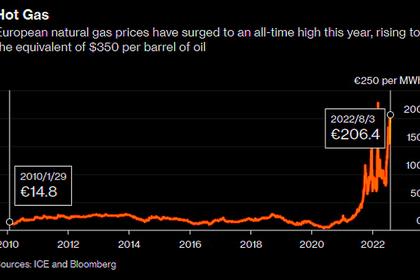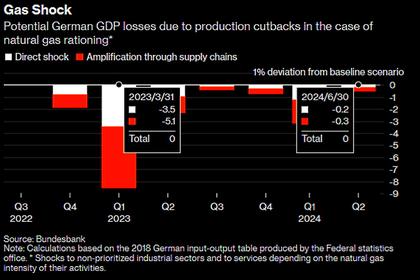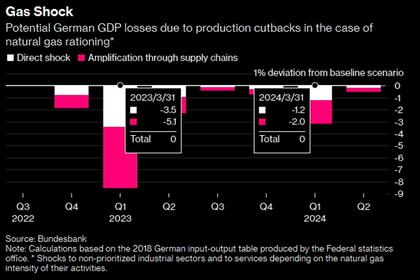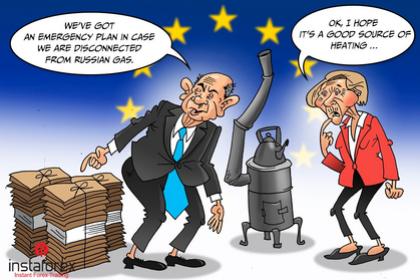
GERMANY, CANADA HYDROGEN
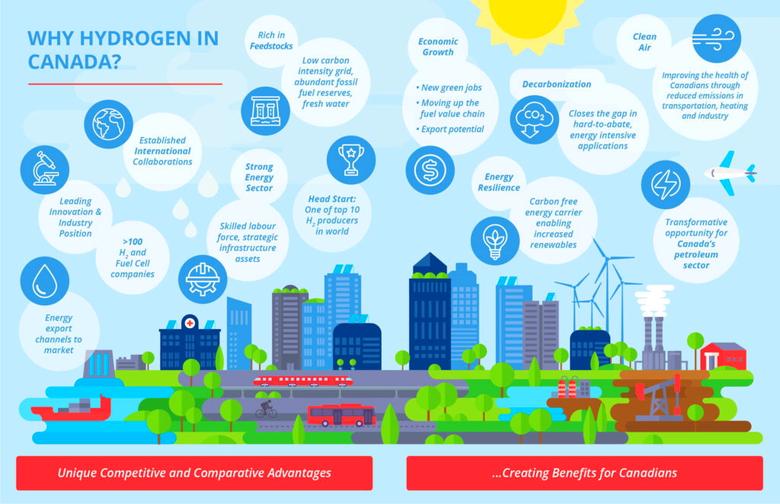
PLATTS - 24 Aug 2022 - German Chancellor Olaf Scholz wrapped up his three-day visit to Canada by signing an agreement with Canadian Prime Minister Justin Trudeau that will establish a Canada-Germany hydrogen alliance through which Canadian clean hydrogen is expected to begin flowing to Germany by 2025.
The hydrogen accord, signed Aug. 23, aims to "kickstart the hydrogen economy and create a transatlantic supply chain for hydrogen well before 2030, with first deliveries aiming for 2025," it says.
Both countries will leverage their respective hydrogen programs to bolster their export or import capacities, specifically Canada's C$1.5 billion Clean Fuels Fund and C$8 billion Strategic Innovation Fund, and Germany's H2Global initiative – a $2.4 billion strategy to help ramp up large scale electrolysis projects in select countries.
In Stephenville, Newfoundland, where Trudeau and Scholz signed the agreement, both leaders made it clear that Russia's invasion of Ukraine and its squeezing off of European gas supplies is the primary instigator behind the accord.
"Canada will always stand by our European allies, including Germany, in the face of Russian aggression," Trudeau said. "We've already pulled forward planned oil and gas production to add supply to the global market. But for tomorrow, we must look to resources like hydrogen which can and will be clean and renewable. We can be the reliable supplier of the clean energy a net-zero world needs."
Before Russia's invasion, Germany's national hydrogen strategy called for between 90 TWh and 110 TWh of hydrogen demand by 2030. But in today's post-invasion world, that number will likely be higher, Scholz said, and Germany's renewable resources won't be able to keep up with its projected demand.
"I have learned that you have a world-class wind corridor here," Scholz said in Stephenville. "You can imagine that as someone who has been living in Hamburg close to the North Sea for many years, I appreciate coasts with strong winds. Regarding renewable energy, however, the German coast cannot keep up with the conditions you have here."
"We believe that Atlantic Canada presents a huge opportunity for us," he said.
Green hydrogen trails blue
Canada is already a global leader in blue hydrogen production, or that produced using natural gas feedstocks paired with carbon capture. Canadian blue hydrogen production capacity currently stands at 410,000 mt/year, although the CO2 captured from this production is almost exclusively used for enhanced oil recovery.
That figure is already rapidly scaling up. According to S&P Global Commodity Insights' Hydrogen Production Asset Database, blue hydrogen capacity is slated to reach nearly 900,000 mt/year by 2030.
Canadian green hydrogen production capacity, on the other hand, remains low. Publicly announced electrolysis projects will amount to a 63,000 mt/year capacity by 2030, although this total is expected to significantly increase in the near term.
"As Europe's largest economy and largest importer of Russian natural gas, Germany will need to be at the forefront of developing the international hydrogen market if the bloc's 2030 hydrogen import target of 10 million mt is to be met," said S&P Global's hydrogen analysts Brian Murphy and Matthew Hodgkinson. "Canada is seeking to capitalize on the country's abundant carbon and renewable resources to become a major energy exporter."
Canadian blue hydrogen faces several obstacles before it could help satisfy Germany's future hydrogen demand. The nation's natural gas fields in Alberta are thousands of miles from export terminals on the East Coast – a fact that has made LNG exports to Europe prohibitively costly in the past. Furthermore, Canadian blue hydrogen exports would also face the European Union's Carbon Border Adjustment Mechanism.
Both those cost multipliers "must be addressed before trade can begin," Murphy and Hodgkinson said. And they must compete with Canadian green hydrogen, which would be produced using the abundant wind and hydropower resources already along the East Coast.
-----
Earlier:
